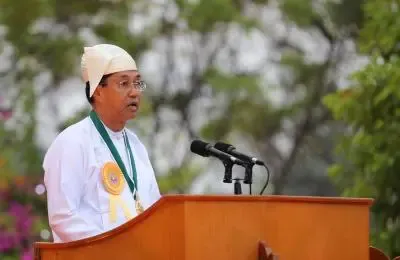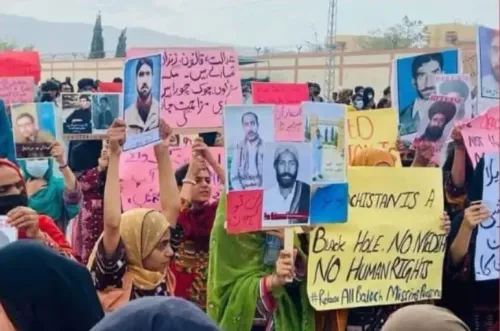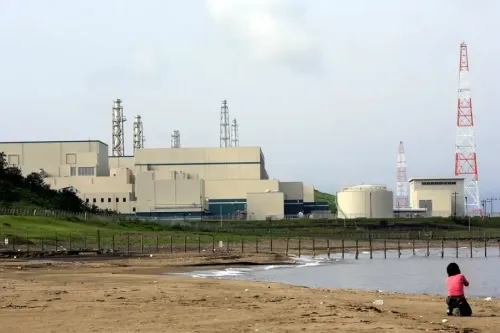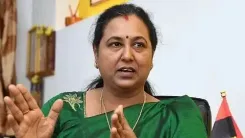What Happened to Myanmar's Acting President U Myint Swe?

Synopsis
Key Takeaways
- U Myint Swe served as Acting President following a military coup.
- A state funeral will honor his contributions to Myanmar.
- His death raises questions about the country's future stability.
- Myanmar is currently facing a “polycrisis”.
- The UN reports significant humanitarian needs in the country.
Naypyidaw, Aug 7 (NationPress) Myanmar's Acting President U Myint Swe passed away at the age of 74 in the capital, Naypyidaw, on Thursday morning, according to the National Defence and Security Council (NDSC).
A state funeral is set to be conducted for the late Acting President, as announced by the NDSC. U Myint Swe had been suffering from Parkinson's disease along with other neurological issues.
Due to his serious health condition, he had been receiving critical care at the Defence Services General Hospital in Naypyidaw since July of the previous year.
Since then, he had been on medical leave, delegating his responsibilities to Senior General Min Aung Hlaing.
Born in 1951 in the Mandalay region, U Myint Swe attended the Defence Services Academy in 1971 and held various military positions within the Tatmadaw (Myanmar military). He retired in 2010 with the rank of Lieutenant General, as reported by Xinhua News Agency.
He served as the Yangon Region Chief Minister from 2011 to 2016.
In March 2016, he took the oath of office as the Vice-President of Myanmar. Following the military coup, he assumed the role of Acting President on February 1, 2021, after the detention of then-President U Win Myint.
In February 2021, U Myint Swe proclaimed a one-year state of emergency and handed over sovereign powers to the Commander-in-Chief of Defence Services. The Commander-in-Chief subsequently established the State Administration Council, with Min Aung Hlaing as its head. The NDSC later authorized multiple six-month extensions until July 31 of this year.
Recently, spokesperson Zaw Min Tun from Myanmar's State Administration Council stated that the NDSC decided to conclude the state of emergency to facilitate general elections in the nation.
A UN report indicates that four years post-coup, which has thrown Myanmar into chaos, the country is grappling with an unprecedented “polycrisis” characterized by economic decline, escalating conflict, climate challenges, and rising poverty levels.
Last month, UN High Commissioner for Human Rights Volker Turk described Myanmar as a nation ensnared in war, oppression, and increasing suffering.
He noted that since the February 2021 military coup, nearly 6,800 civilians have lost their lives and over 22,000 remain unjustly imprisoned. Humanitarian needs have surged, with nearly 22 million individuals requiring assistance and more than 3.5 million displaced due to conflict.










